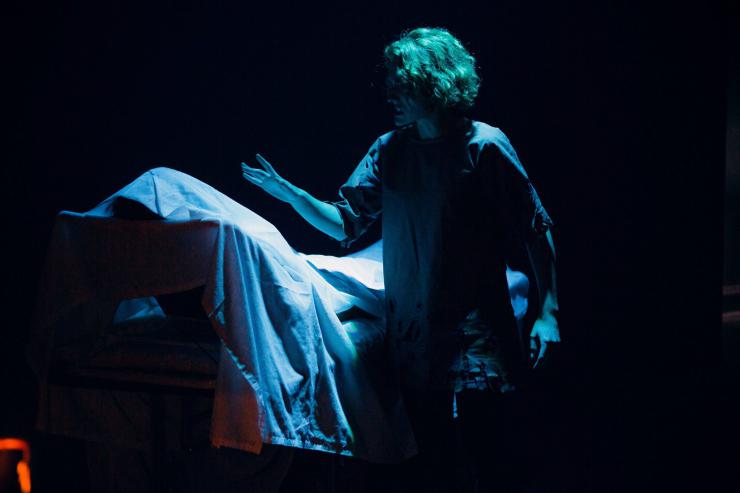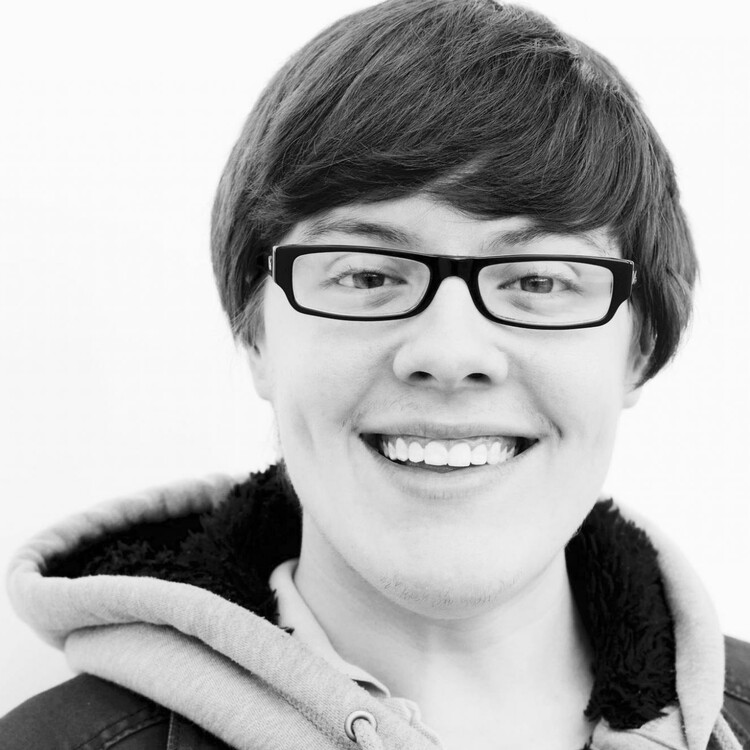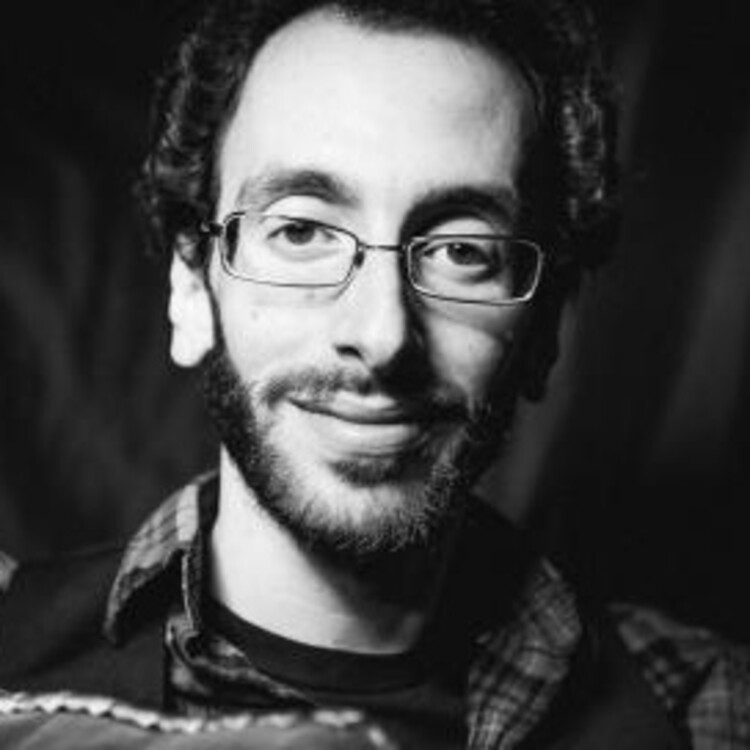How Can We Foster the Voices of Early Career Directors?
In 2015 Haven Theatre Company in Chicago, IL launched a program called the Director's Haven, giving three directors at the earliest stages of their careers space to showcase their vision for the Chicago community. Here, each of these artists to share their observations, experiences, and perspectives from their vantage points as directors at the very start of their professional journeys.—Josh Sobel
In psychology school, I learned there are three kinds of correlations:
- Positive correlation: As one variable increases, the other increases. For example, the more readings you attend put on by a theatre focused on new work, the more likely they will want to work with you.
- Negative correlation: As one variable increases, the other decreases. For example, the more script analysis you do before beginning rehearsals, the fewer questions from actors you won’t be able to answer.
- No correlation: The two variables being studied have no apparent relationship. For example, the career of an early director and the actions they take to find work.
I’m a year and a half out of college. I’m just far out enough from school that my friends still in undergrad are starting to ask me about the professional business and to speak about how I’ve been navigating my career, being fortunate enough to have been actively working on productions nearly non-stop since moving here. I do my best to give advice: “Say yes to as much as you can”; “When not in rehearsal, see as many shows as possible and say hello to people”; “Add people on Facebook and comment on their posts”; “Be nice to everybody, because this is how we spend so much of our lives, and people want to enjoy doing this,” but it all feels…basic. I feel like I don’t know what to say to them, given that I can’t figure out a pattern to my own career thus far. To date, I’ve done the following to get hired:
- I asked a Chicago casting director and puppet extraordinaire, Stephanie Diaz, about directing apprenticeships in Chicago after an American College Theatre Festival workshop on “What Casting Director’s Really Want to See,” despite it being completely unrelated to her session. She connected me with the 16th Street Theater to assistant direct, which got me to Chicago.
- When The New Colony, a company I had dreamed since college of working with, put up a casting notice on League of Chicago Theatres for the lead role in Sean Kelly’s Stanley in the Name of Love, I responded saying that I didn’t want to audition, I wanted to assistant direct. Miraculously, Sean responded asking if I wanted to get tea, and he ended up hiring me.
- When my boyfriend was unable to help out a friend by reading stage directions in a reading for Continuum Theatre, he put my name forward, and his friend brought me onboard. His friend is Josh Sobel, the literary manager of Strawdog and artistic director of Haven Theatre, and from meeting him then, I bugged him to get coffee with me, and he took an interest in me.
These are just a few examples of how I’ve been able to find artistic endeavors to work on since leaving college. Can you find a pattern to how they link together? I legitimately can only think of one thing: luck. But this doesn’t help me answer my friends’ questions when they ask how they too can get started like I did. Sure, there are things I can attribute to myself—I prepare questions before asking people for advice, I kindly ask for what I want, and I am my friendly and open self when meeting new people, especially fellow theatre artists. And perhaps most importantly (at least to me): I only pursue projects where I really want to tell the story being told. And I do tell these things to my friends, but I wish I had more steadfast advice to give them.

There are so few opportunities within my (limited) scope of knowledge for young directors, after finishing their undergrad years, to continue developing their voice and craft, and assistant directing opportunities seem random to obtain. I fully appreciate and honor the traditional path of rising through the ranks that directors must take, and I’m not arguing that we should overhaul the system. But I think there is value in listening to and nurturing the young directing voices in our field, especially when they probably still identify (or want to identify) as a student, as I know I do. Do I have a solution to how we should be listening to the young voices of my friends and me? I wish! I’d be marching to every theatre in town that I’m interested in trying to sell it to them!
I fully appreciate and honor the traditional path of rising through the ranks that directors must take, and I’m not arguing that we should overhaul the system. But I think there is value in listening to and nurturing the young directing voices in our field, especially when they probably still identify (or want to identify) as a student.
I’m extremely fortunate that Josh Sobel created a program called The Director’s Haven, directly meant to give early career directors the space and resources to fully realize a thirty- to forty-five-minute play. The New Colony welcomed me into the current round of their Associate Company, where they teach us their devising methods and give us the space to create and perform a full-length devised work. I can’t begin to describe how thankful I am to have these opportunities, because I know they are some of very few, which leaves me with some questions:
- How can we create space for young artists to tell their stories without the pressure of self-producing (which has value, but adds a lot of stress that takes away from developing their craft)?
- How do we create an environment where, like with young actors and playwrights, we can still learn our craft, but outside of the educational model?
- How can we foster young voices in ways that let us not only tell our valuable stories, but with the guidance of those who came before us and know more than we do?



Comments
The article is just the start of the conversation—we want to know what you think about this subject, too! HowlRound is a space for knowledge-sharing, and we welcome spirited, thoughtful, and on-topic dialogue. Find our full comments policy here